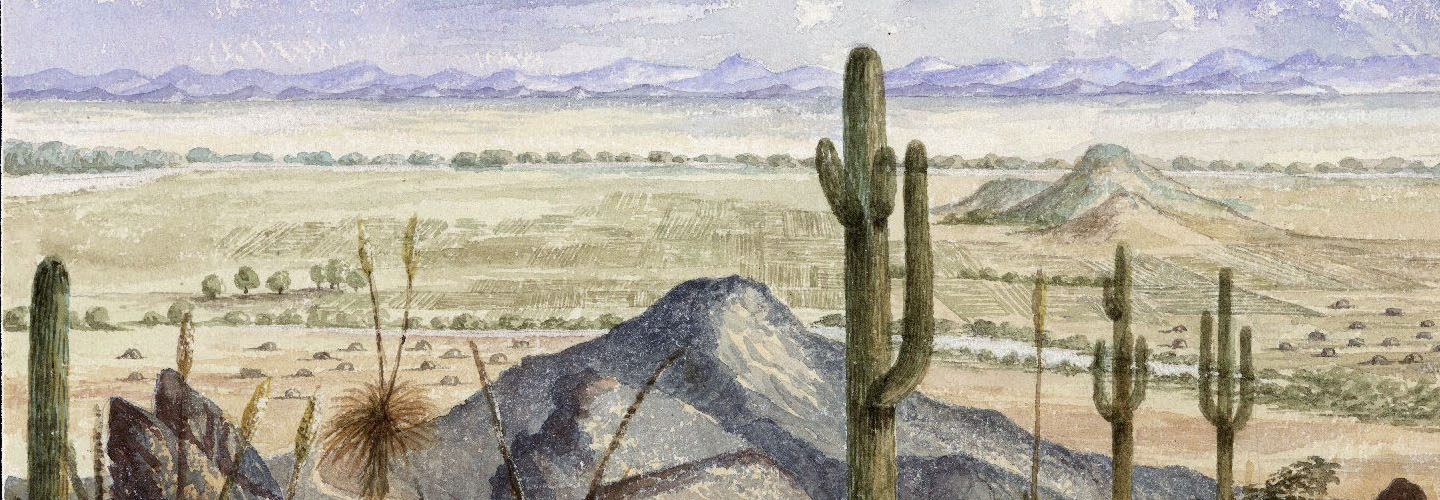History
The Center for the Southwest was first established in 1989 as the Center for the American West, under the direction of Richard W. Etulain. Drawing on the department’s visibility in the field of regional history and over a half-century of research, teaching, publishing, library collecting, and generous donor support, the Center hosted seminars, conferences, and workshops, sponsored the yearly Calvin P. Horn lectures (and an affiliated series on western history and culture with UNM Press, and supported UNM's highly-ranked graduate program.
Under the directorship of Virginia Scharff in 2001, it was renamed the Center for the Southwest, reflecting rising faculty interest in the U.S. Southwest and its borderlands with Mexico. Scharff forged networks with centers and institutes across the nation, such as the Autry National Center of the American West (Los Angeles), the Clements Center for Southwest Studies (SMU), the Bill Lane Center for the American West (Stanford), and others. Symposia co-sponsored by the Center for the Southwest and the Clements Center for Southwest Studies generated the edited volumes, On the Borders of Love and Power and Civil War Wests: Testing the Limits of the United States. With generous support of the Horn family, Scharff also invited nationally recognized scholars each year to engage with faculty, students, and the wider community in the C. Ruth and Calvin P. Horn Lecture Series in Western History and Culture.
Samuel Truett assumed the directorship of the Center for the Southwest in 2019 with the goal of building on these regional foundations while developing a more outward-looking vision tied to the History Department’s border-crossing strengths in western U.S., Native American, and Latin American history. He is working to expand collaboration with other centers and institutes at UNM. In the 2019-20 academic year, for instance, the Center for the Southwest worked closely with the Institute for American Indian Research (IFAIR) and the Newberry Consortium in American Indian Studies (NCAIS) to host a variety of visiting Indigenous scholars and build graduate student networks across campus through participation in these events. These speakers and others lay the groundwork and built support for the Center’s long-term Indigenous Borderlands and Borderland Environments initiatives.
The Center’s research initiatives embrace the value of interdisciplinary collaboration and its role in connecting historians to other fields of inquiry and social action. Approaching the Southwest as a space of interconnected communities, the Center seeks to make the region relevant to a wide range of scholars, students, and publics.

